Books by Robert Stawell Ball
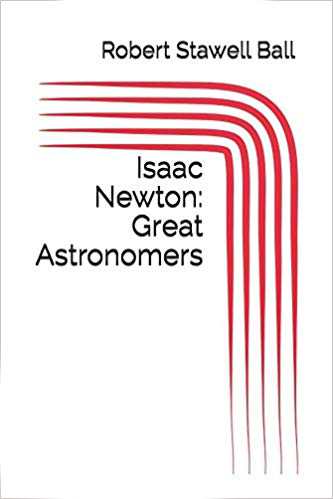
isaac newton
Sir Isaac Newton (1642–1726) was an English physicist, mathematician, astronomer, natural philosopher, alchemist and theologian who has been considered by many to be the greatest and most influential scientist who ever lived
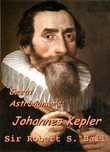
johannes kepler
German astronomer Johannes Kepler (1571-1630) derived his mathematical laws of planetary motion from astronomical data meticulously collected by Tycho Brahe, who, as he was dying, beseeched young Kepler to use the data to discover the laws of motion of the planets.
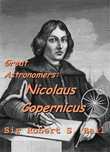
nicolaus copernicus
Nicolaus Copernicus (1473-1543) was a mathematician and astronomer who formulated a comprehensive heliocentric model which placed the Sun, rather than the Earth, at the center of the universe, contrary to the prevailing thought at his time which placed the Earth at the center.
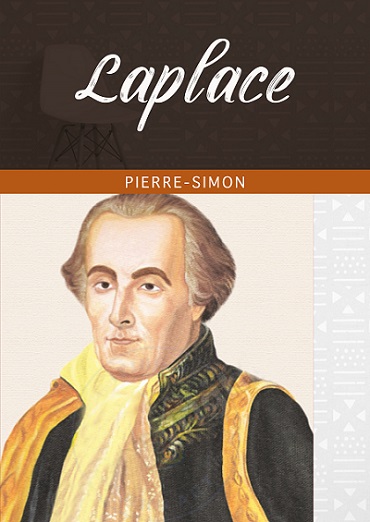
pierre-simon laplace
Pierre-Simon, Marquis de Laplace (1749-1827), was a French mathematician and astronomer, sometimes referred to as the French Newton. His work was pivotal to the mathematical development of astronomy, physics, and statistics. He possessed a phenomenal mathematical ability, superior to that of any of his contemporaries.
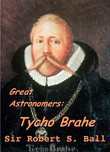
tycho brahe
This is the chapter on 16th century Danish astronomer Tycho Brahe from Sir Robert S. Ball's Great Astronomers, second edition, which begins: "The most picturesque figure in the history of astronomy ... Tycho Brahe was alike notable for his astronomical genius and for the extraordinary vehemence of a character which was by no means perfect.

Loading the next 20 Records..…